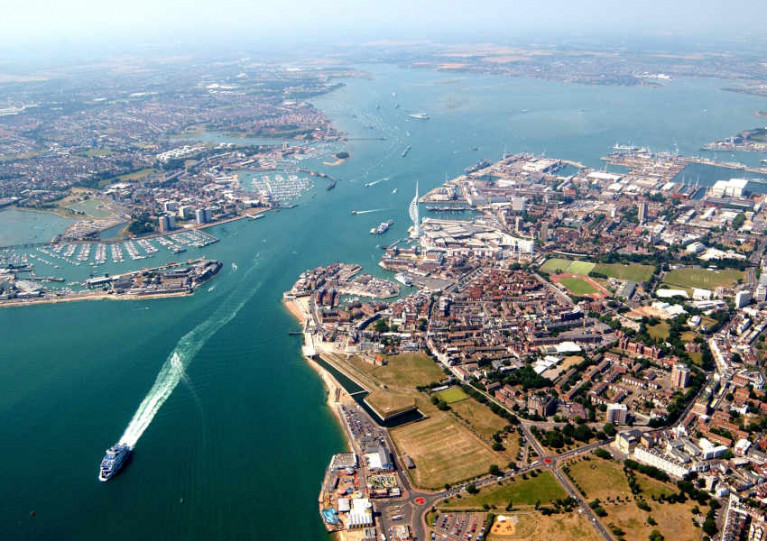Displaying items by tag: Yacht Racing Forum
New Initiatives and World Firsts Announced at the Yacht Racing Forum
What is the state of our sport following two years of disruption? How can its status, visibility and commercial attractiveness be improved? What will be the future of our sport, both from a technological and commercial point of view? These are some of the questions that industry leaders sought to answer over the two days conference at the Yacht Racing Forum / Design & Technology Symposium in Malta.
The participants' concerns as well as hot topics have clearly evolved over the years. 2022 speakers discussed youth access to the sport, the commercial potential of sailing and the impact of the new Olympic classes on media coverage. But they also explained how the sport can benefit from blockchain technology and detailed some legal implications of the Covid pandemic. Blockchain and Covid, two words that didn’t exist three years ago...
New initiatives and world firsts were announced at the Forum, such as the Foiling Professional Association, the Blue Economy Inclusivity Project and the Sustainable Marine Alliance. Formula 1 was taken as an example by Cyril Abiteboul, former managing director of Renault F1, now managing director of CDK Technologies. Best practice in the use of social networks was also discussed, as well as the tendency of the top end of the sport to be ever more extreme and spectacular.
The Yacht Racing Forum has always been a pioneer and advocate of social and environmental change in the sport. Gender equity and equal opportunities were at the heart of many presentations.
At the Design & Technology Symposium, discussions revolved around the evolution of foils and their adaptability to more popular yachts than the America's Cup or Vendée Globe machines. Doyle Sails’ CEO Mike Sanderson presented the key technical drivers of change in sailmaking. Other presentations focused on the latest aero and load monitoring gains, high performance protective polymers and the future of IMOCA. Sustainability in the development and construction of racing yachts was also addressed for the first time.
The end of the conference focused on the top end of the sport. Bruno Dubois began by presenting SailGP's vision and plans for the future, followed by the concrete case study of the canadian model. The World Match Racing Tour and the Star Sailors League explained where they are heading, while Dee Caffari, Ian Walker and Kate Cope explained why double-handed racing is popular.
Are eight round the world races too much? Race organisers and round the world sailors, including Johan Salén (The Ocean Race), Don McIntyre (Golden Globe Race), Dee Caffari and Conrad Humphreys gave their answers.
The conference ended up with interesting presentations about the trickle down effect of the America’s Cup on mainstream sailing and a preview of the Ocean Race, starting in less than two months.
The yacht racing industry is healthy and dynamic, and the 13th edition of the Forum reflected this evolution as well as the sports’ extraordinary diversity.
Portsmouth To Host Yacht Racing Forum This November
Portsmouth Harbour will be the venue for the UK’s first hosting of the annual Yacht Racing Forum this November.
The event on 23–24 November will be based around the harbour, with the main conference taking place in Portsmouth Historic Dockyard’s Action Stations and Boathouse 7.
The city’s hosting of this international event is the result of successful negotiations with organisers MaxComm Communication.
Touted as “the leading annual conference for the business of sailing and yacht racing”, the forum brings professional sailors together with boat builders and designers, sponsors, technical providers and financiers in “a unique opportunity to network, to debate the future of the sport, and to develop business opportunities”.
The Yacht Racing Forum 2020 will take place in the south coastal English port alongside the HMS Victory, HMS Warrior, Mary Rose and two new aircraft carriers, HMS Queen Elizabeth and HMS Prince of Wales.
Portsmouth is also regarded as a yacht racing hub and is the base of INEOS Team UK, Alex Thomson Racing, North Sails, Selden Masts, Raymarine and more.
“The YRF will help to shine the spotlight on our truly historical yet totally innovative bustling marine sector and develop further international awareness of the harbour as a destination for leisure and racing boats,” said Mark Bowden, chief executive of Portsmouth Harbour Marine.
Bernard Schopfer of MaxComm Communication added: “This will be the first time that the forum will be held in Great Britain, which is surprising given the importance of sailing there.
“It will be an exceptional opportunity for all members of the British sailing industry to demonstrate their know-how and expertise to an international and highly specialised audience.”
























































